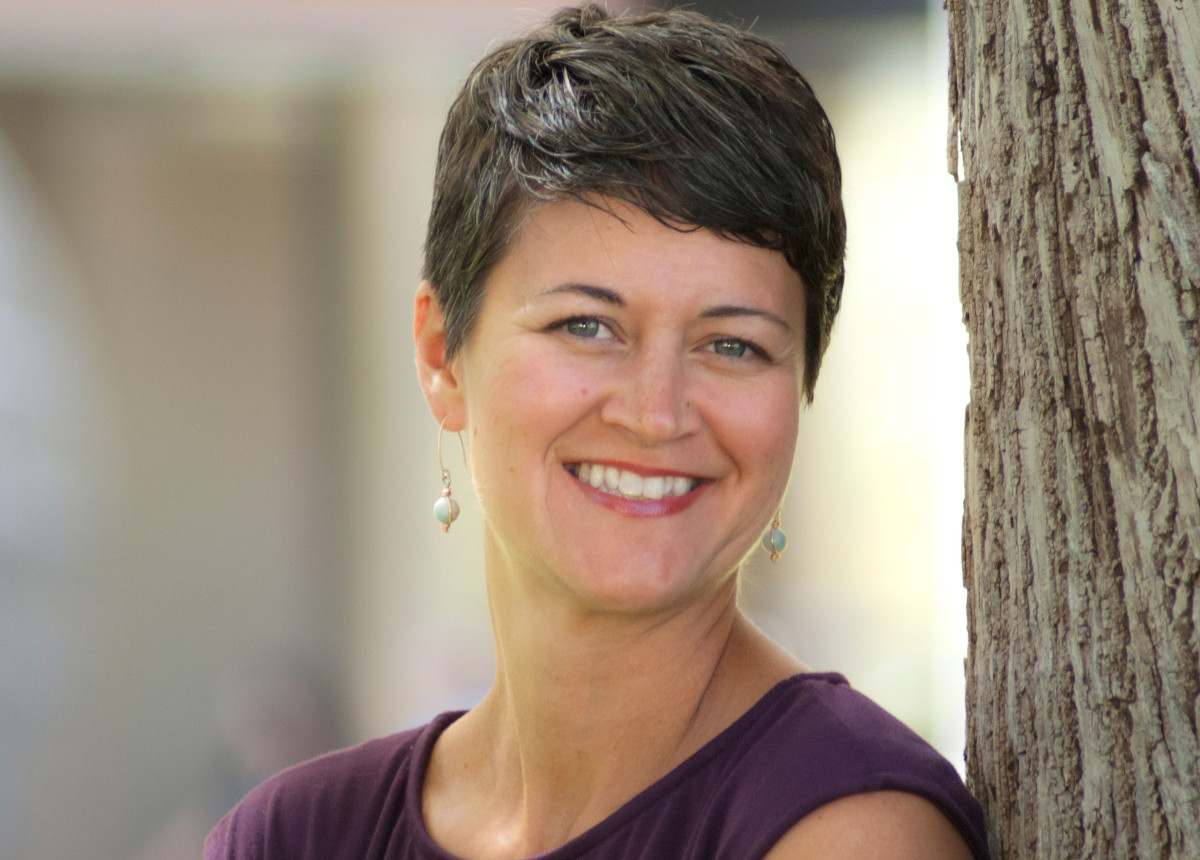News
Department of Environmental & Occupational Health
-

Engineering lab at CSU transformed into testing site for COVID-19 medical protective gear
Apr 6, 2020Environmental and Occupational Health professor John Volckens has turned his research lab, typically the focus of studying air quality and pollution sensors, into a testing facility evaluating the safety of personal protective equipment.Full story -
/chwe-newsroom/terre-di-cannabis-fioihwb71_k-unsplash-(1).jpg?sfvrsn=15b3c0b9_4)
Health and safety training for cannabis cultivation workersOpens in a new window
Apr 6, 2020The commercial cannabis industry continues to grow in Colorado and nationwide, demanding the need for a new workforce to be trained in occupational safety and health. Our center offers online training through its continuing education platform and is in the process of developing a more extensive training in the next year.Opens in a new window Full story -

Colorado Springs Gazette: Should health concerns trump economic concerns during crisis?
Apr 6, 2020Environmental and Occupational Health professor John Volckens has turned his research lab, typically the focus of studying air quality and pollution sensors, into a testing facility evaluating the safety of personal protective equipment.Full story -

The Atlantic: Trapped at Home With People You Met on Craigslist
Apr 2, 2020Elizabeth Carlton, assistant professor of Environmental and Occupational Health, was interviewed by The Atlantic about how to set social distancing rules when you're living with roommates.Full story -
/chwe-newsroom/rclancy-(1)-(1).jpg?sfvrsn=8ab2c0b9_4)
Student Spotlight: Rebecca Clancy
Mar 30, 2020How did Rebecca find her way to the MAP ERC’s OHP program? From a young age, Rebecca knew she wanted a career where she could help people (although the job titles she considered changed on a weekly basis). “I became interested in the field of OSH as a way to improve employees' experiences at work.”Full story -

Colorado State University to lead testing qualification for protective masks in COVID-19 fight
Mar 26, 2020CSU's Center for Energy Development and Health, led by Environmental and Occupational Health Professor John Volckens, has been tapped by the governor's office to test personal protective equipment, ensuring it's reliable and available for health providers.Full story -
/chwe-newsroom/jamie_butler_dawson-2-(1).jpg?sfvrsn=e5b2c0b9_4)
Faces of CHWE: Jaime Butler-DawsonOpens in a new window
Mar 17, 2020Jaime helps lead the Center’s team in Guatemala, Nicaragua, and Mexico, using environmental health practices and a Total Worker Health® approach to develop and implement evidence-based, practical solutions to improve the health and well-being of the workers. “I tried to separate environmental and occupational health my whole life,” Jaime said, “but work is just too important.”Opens in a new window Full story -
.jpeg?sfvrsn=dec7f6b9_0)
CBS4: Colorado doctor warns thousands more coronavirus cases possible in near future
Mar 16, 2020Professor and CHWE director Lee Newman appeared on CBS4 Denver to explain what exponential growth is and why it could be a huge problem in the context of COVID-19.Full story -
/chwe-newsroom/adobestock_183579589-768-459-(1).jpg?sfvrsn=13b3c0b9_4)
Safety professional organizations adopting Total Worker Health®
Mar 11, 2020From universities training professionals in health and safety; to organizations like Health Links™ mentoring employers and workplace champions; to professional organizations adopting principles and marketing them to their members; the interest in TWH is growing.Full story -
/chwe-newsroom/brainstorm-participation-(2).jpg?sfvrsn=89b2c0b9_4)
New study finds ways to increase employee motivation in Total Worker Health® programs
Mar 10, 2020Employers looking to increase employee engagement should first focus on how their organization demonstrates its commitment to TWH through leadership, values, and practices.Full story -
.jpg?sfvrsn=6720fbb9_0)
Young sugarcane workers at high risk of kidney function decline
Mar 9, 2020A new study from the Center for Health, Work and Environment suggests that the interaction between occupation and pre-existing risk factors put sugarcane workers at risk for Chronic Kidney Disease of Unknown Origin.Full story -

Advocates and lawmakers gather at the Capitol to talk public health
Feb 20, 2020Students, faculty, and staff met with legislators to learn about the law-making process and offer support for bills that will impact the health of Coloradans.Full story -

Outdoor Recreation Industry Office launches Get Outdoors employer toolkit- Employers encouraged to take the Get Outdoors survey
Feb 6, 2020The Colorado Office of Economic Development and International Trade partnered with the Center for Health, Work & Environment to develop a toolkit to help companies in integrating outdoor recreation into the workplace.Full story -
/chwe-newsroom/paper-(1)-(1).jpg?sfvrsn=e4b2c0b9_4)
Leadership matters, regardless of business size
Jan 14, 2020Even if businesses have limited resources to devote to safety and health programs, they can still improve the health and safety culture of their organizations.Full story -

CU Anschutz and CSU team up to fund inter-institutional health innovation projects
Jan 3, 2020A new, internally-funded grant program teams up Colorado School of Public Health researchers from multiple campuses to ask the questions that will inspire larger, long-term research projects.Full story -
.jpg?sfvrsn=a43cfcb9_0)
Studying air quality in China, and creating a more sustainable future for millions
Dec 5, 2019Environmental and Occupational Health assistant professor Ellison Carter has been working in China since 2012, studying changes in air quality that accompany the country's rollout of clean energy policies.Full story -

The role of veterinarians in the opioid crisis
Nov 26, 2019Lee Newman and Liliana Tenney, of the Center for Health, Work & Environment, wrote for NIOSH Science Blogs on the role veterinarians have in combating opioid abuse in both clients and colleagues.Full story -
/chwe-newsroom/tim-mossholder-bo3shp58c3g-unsplash.jpg?sfvrsn=d287ccb9_0)
Silence stunts healing: Opening up about mental health in the workplace. A personal note.
Nov 20, 2019One in five U.S. adults lives with a mental illness, yet we’re loath to talk about mental health in the workplace. The stigma of mental illness keeps us silent. And silence stunts healing.Full story -
/jose-martin-ramirez-carrasco-45sjajsjarq-unsplash.jpg?sfvrsn=91ffccb9_0)
How to engage employees in safety training
Nov 13, 2019Understanding the need for new approaches and tools to increase employee attention and retention in safety training. Highlights from the Rocky Mountain Safety Conference.Full story -
/rawpixel-989812-unsplash(1).jpg?sfvrsn=3e99ccb9_4)
Improving worker and workplace health: Current status, building capacity and potential new directions
Nov 6, 2019Dr. Laura A. Linnan, senior associate dean for academic and student affairs at the University of North Carolina-Chapel Hill Gillings School of Global Public Health, visited us in Colorado to present her research on the changing nature of work in the U.S.Full story


